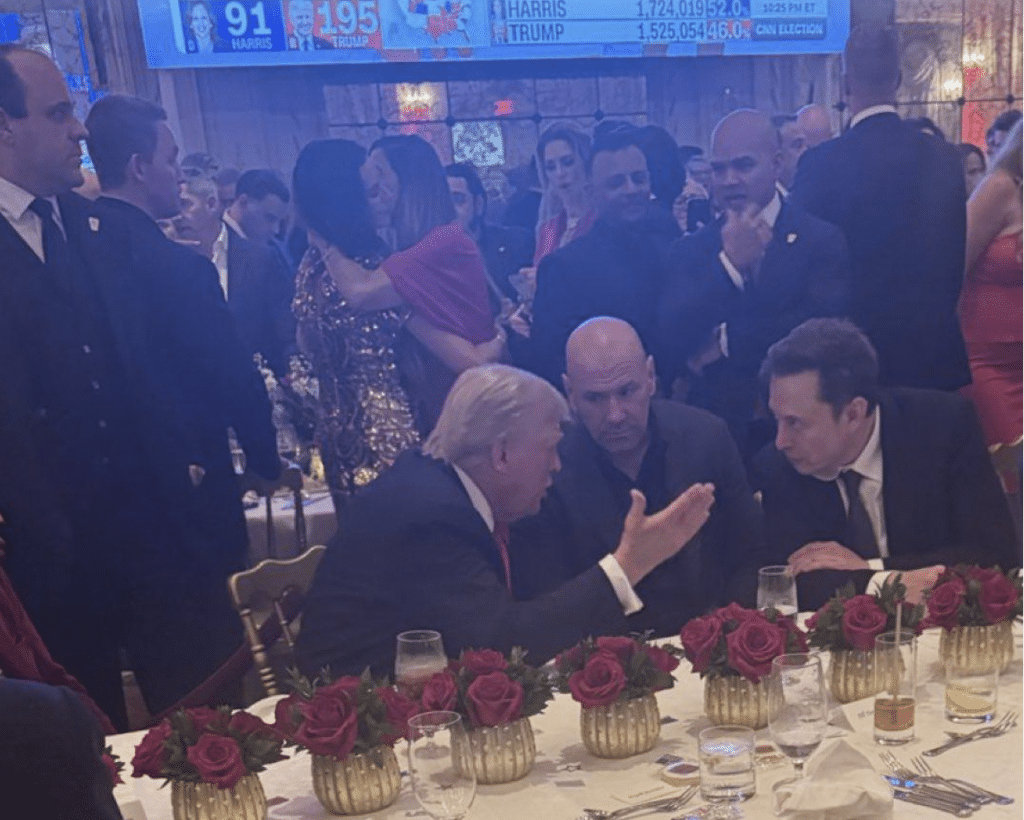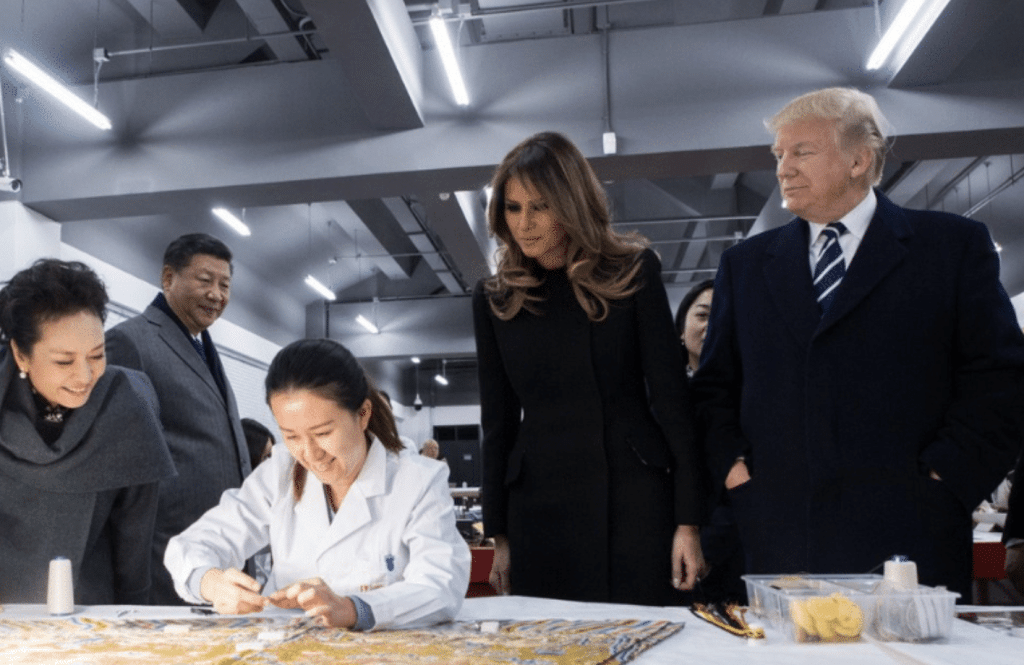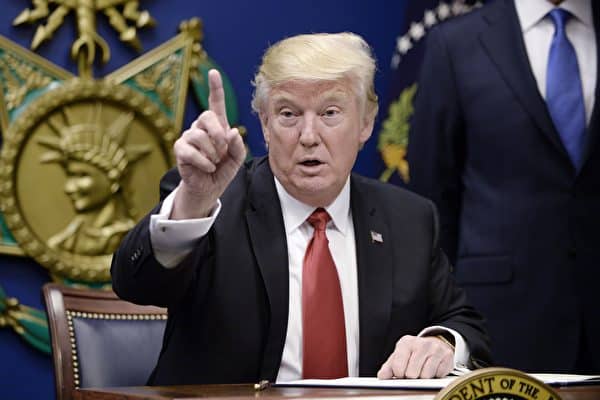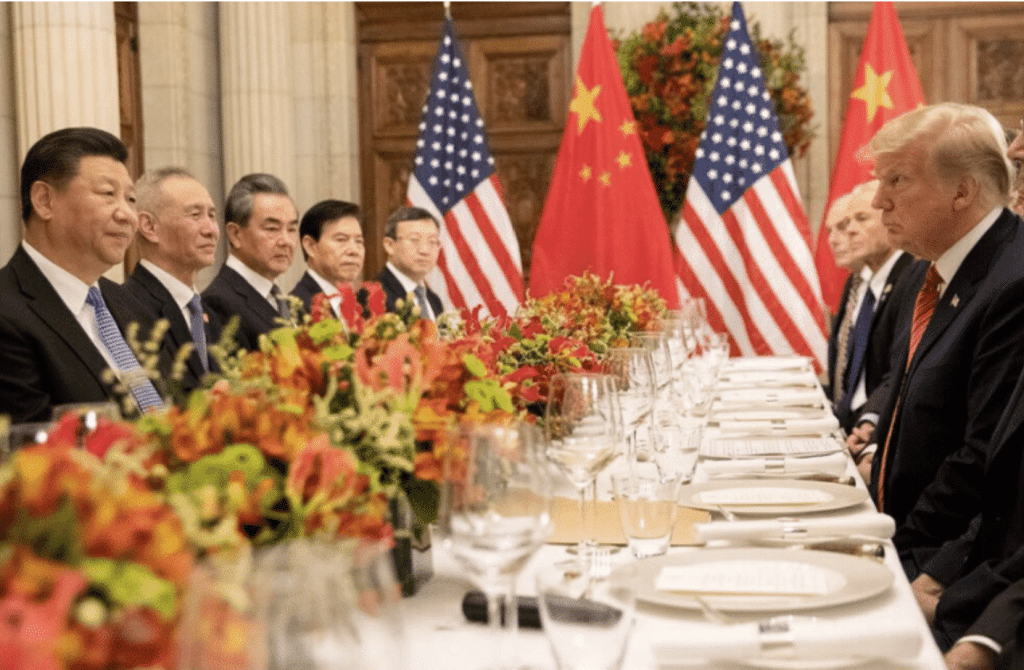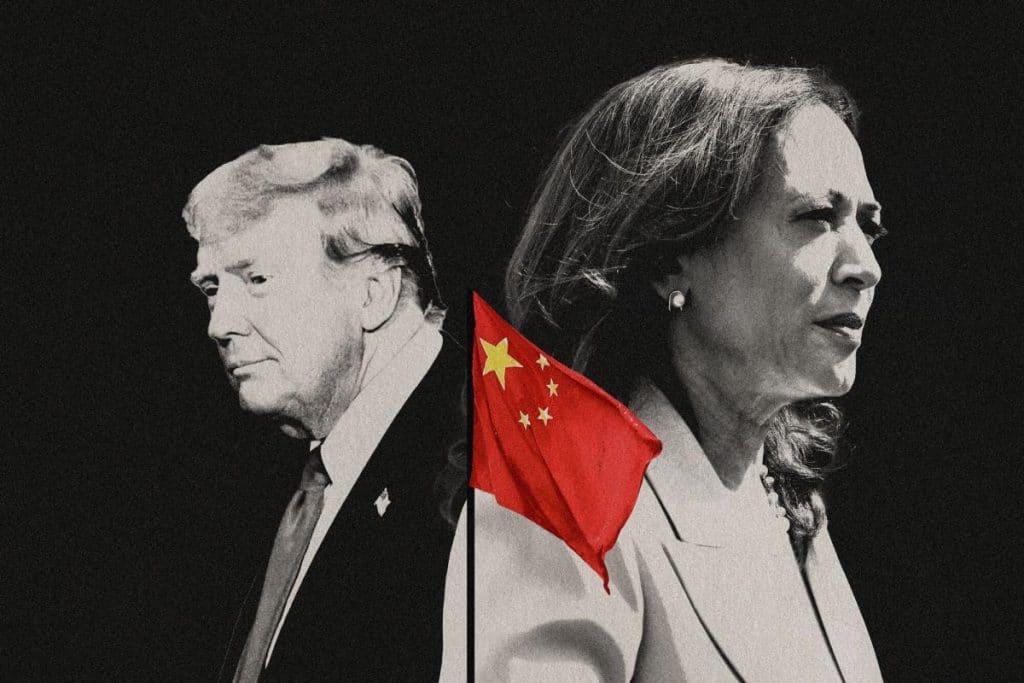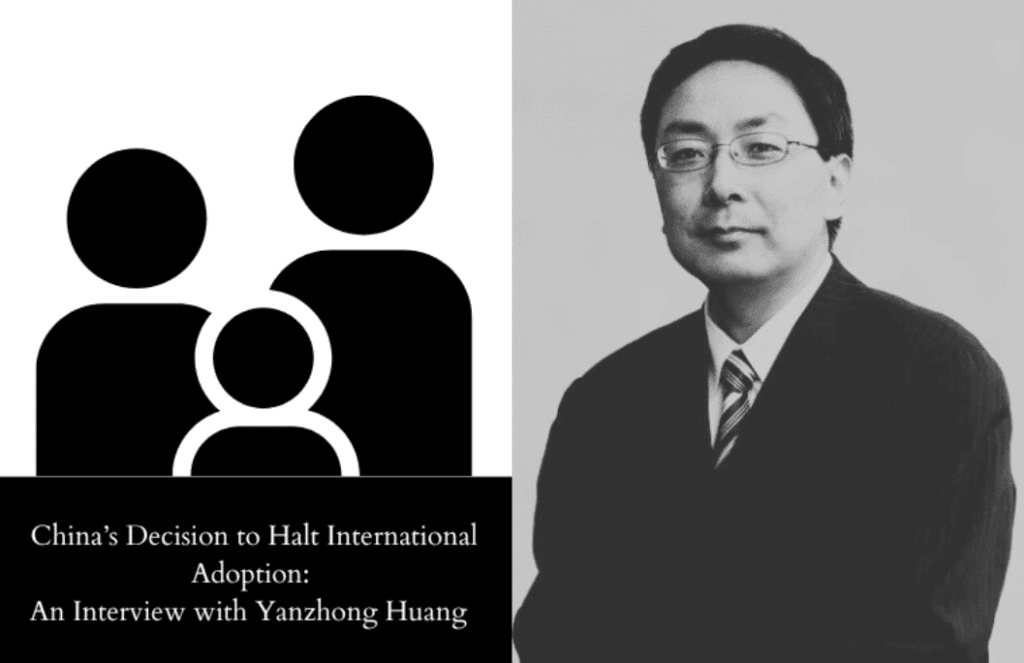Zhu Zhiqun: Grasping the G-2 moment for Ukraine
作者: 来源:The Hill
To halt the humanitarian disaster unfolding in Ukraine, some countries, such as Israel and Turkey, have tried to mediate. However, only the United States and China, the two great powers, have the capacity to actually help end the war.
Policies from Washington and Beijing are consequential and will shape the outcome of the Ukraine war. The March 18 video call between Joe Biden and Xi Jinping is a step in the right direction. The two leaders expressed support for a diplomatic resolution but stopped short of presenting specific measures. It is time for them to step up efforts and bring all parties concerned to the negotiation table now.
The Group of Two, or G-2, was a concept initially proposed by economist C. Fred Bergsten in 2005 to describe the economic relationship between the United States and China as China’s economy gained the momentum to expand after its entry into the World Trade Organization. The concept gained some currency in the foreign policy circle as a term recognizing the centrality of U.S.-China relations in the contemporary world. Prominent advocates included former U.S. National Security Advisor Zbigniew Brzezinski, historian Niall Ferguson, former World Bank President Robert Zoellick and economist Justin Yifu Lin. Many had hoped that the cooperative G-2 would not only stabilize the global economy but also contribute to international security.
In 2010 the Chinese economy overtook Japan to become the world’s second largest, narrowing the gap with the U.S. By the time Xi Jinping took control in China and President Obama entered his second term, the dynamics of the relationship had changed. Washington decided to pursue a “pivot” policy or rebalance its strategic focus to Asia in response to China’s rapid rise. China was increasingly identified as a challenge and even a threat to U.S. interests. As the bilateral relationship became more competitive, the concept of G-2 was quietly dropped.
Today, it is time to revive G-2, not because the United States and China have buried the hatchet and see eye-to-eye on world affairs, but because an ongoing Ukraine crisis that is threatening the world must be stopped immediately with the cooperation of the two great powers.
Russia’s unprovoked invasion of a sovereign country is not justifiable. However, as George Kennan, Henry Kissinger, John Mearsheimer and many others pointed out, Washington’s dismissal of Russia’s serious concerns about NATO’s eastward expansion after the Cold War is a recipe for disaster. In other words, the United States is arguably at least partially responsible for the crisis, and it must do something constructive to clear its name.
Russia’s war in Ukraine has also violated one of China’s most cherished foreign policy principles—respect for sovereignty and territorial integrity. The Chinese leadership was reportedly taken aback by Russia’s brutal invasion. China does not support Russia’s invasion and abstained from UN resolutions regarding Russia. Despite the China-Russia relationship being touted as having “no limits,” it has a bottom line, which is the tenets and principles established in the UN Charter. China has pledged to be a peaceful and responsible power. Now is the time for China to shine.
China faces internal and external constraints for leading the efforts to end the Ukraine war. Since China has expressed interest in mediation, some encouragement and enticement from the West, particularly the United States, would be conducive to China’s decision to get more deeply involved. Such positive gestures could include reassurance to Beijing that relations between China and the West will significantly improve if the crisis is brought to an end as a result of active Chinese diplomacy. Brandishing threats of sanctions or publicly pressuring Beijing is counterproductive.
The war in Europe has already hit the global economy severely, with energy prices going through the roof. Both Russia and Ukraine need offramps to exit the conflict now. The United States and China should put global interests first and foremost. Differences between the two powers did not prevent them from working together to tackle major challenges before, such as cooperating at the Six-Party Talks on North Korea in the 2000s and reaching a climate agreement in Glasgow last November.
It is time for Biden and Xi to use their extraordinary influence over NATO and Putin respectively to map out a viable resolution to the conflict. A multi-party platform, headed by the United States and China, should aim to find a mutually acceptable solution that ensures Ukraine’s sovereignty while taking Russia’s security concerns into account. The United States and China should provide a joint guarantee for such an outcome and help with post-war reconstruction in Ukraine and Russia. As casualties on both sides are mounting daily, there is no time to dither.
This is the right G-2 moment. Neither Biden nor Xi should let it slip away.
Zhiqun Zhu is a professor of political science and international relations at Bucknell University in Pennsylvania.
来源时间:2022/4/10 发布时间:2022/4/9
旧文章ID:27403


